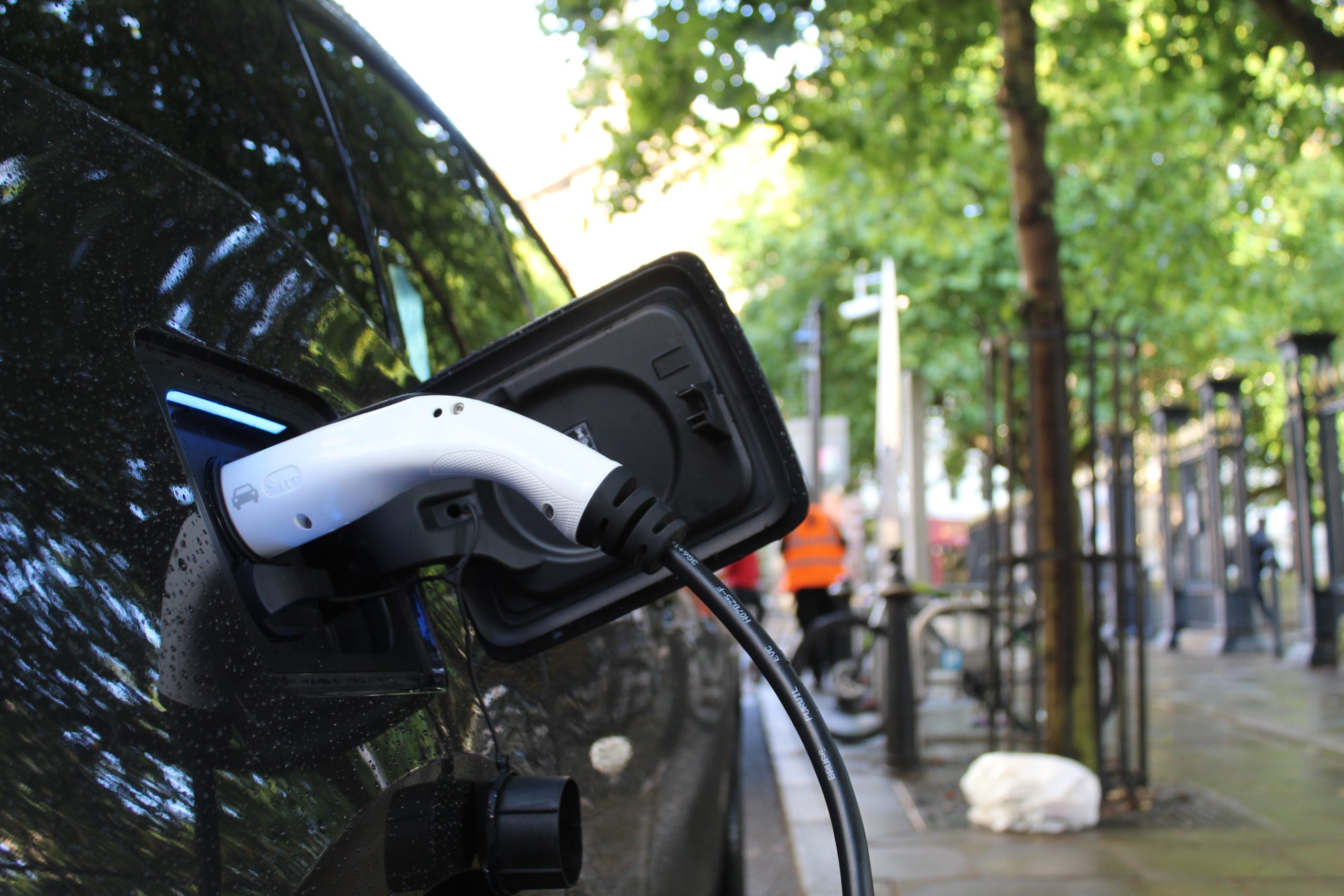As a business owner or employer, you may be liable for Fringe Benefit Tax (FBT) on certain benefits provided to your employees or related parties. These could include benefits such as phones, laptops or motor vehicles. It’s important to remember that your business may be able to get an exemption for certain eligible electric vehicles made available for the private use of your employees.
To meet the exemption conditions, the car must be one of the following;
1)
a battery electric vehicle
2)
a hydrogen fuel cell electric vehicle
3) a plug-in hybrid electric vehicle
All the above electric vehicles must be used for the first time on or after 1 July 2022, even if it was held (owned or leased) before that date, and must be valued under the luxury car tax (LCT) threshold for fuel efficient cars. The current luxury car tax (LCT) threshold for the 2022-23 FBT year is $84,916. In addition, luxury car tax has never been payable on the importation or the sale of the car.
For the plug-in hybrid vehicle, the exemption will only last till 1 April 2025. However, if an employer has already entered into a financial agreement to provide a plug-in hybrid vehicle to an employee before the 1 April 2025 deadline, the vehicle will remain exempt for FBT as long as the financial agreement remains.
There are other factors to consider when we assess the vehicles for FBT purposes, please be mindful that motorcycles and scooters are not considered to be cars and therefore would not qualify for exemption.
If an electric vehicle meets the eligibility criteria for
the exemption, any running expenses incurred will also be exempt. This includes
car registration, insurance, repairs and maintenance as well as electricity for
the charge of cars. However, a home charging station is not considered a car
expense associated with car fringe benefit, so this cost will not be exempt.
Financial Cost & Benefit Analysis for the adoption of Electric Vehicles for Employers and Employees
Employers
When an employer provides a petrol car to the employee, there is likely a FBT liability which is effectively a cost to the business. This new FBT exemption opportunity means that there is a financial incentive to switch to an exempt electric car, as your business could end up saving substantial amount of FBT cost. For example, if you provide a $60,000 petrol car to an employee, including all running costs, your business will incur an annual FBT liability of approx $11,700. However, if you instead provide an exempt electric car, you incur no FBT cost.
Employees
For any employees who chooses to package an Electric Vehicle into a salary sacrifice arrangement, the employees could end up with much better financial outcome as the FBT cost will no longer exist and this benefit could flow on to the employee in the form of additional salary and super.


